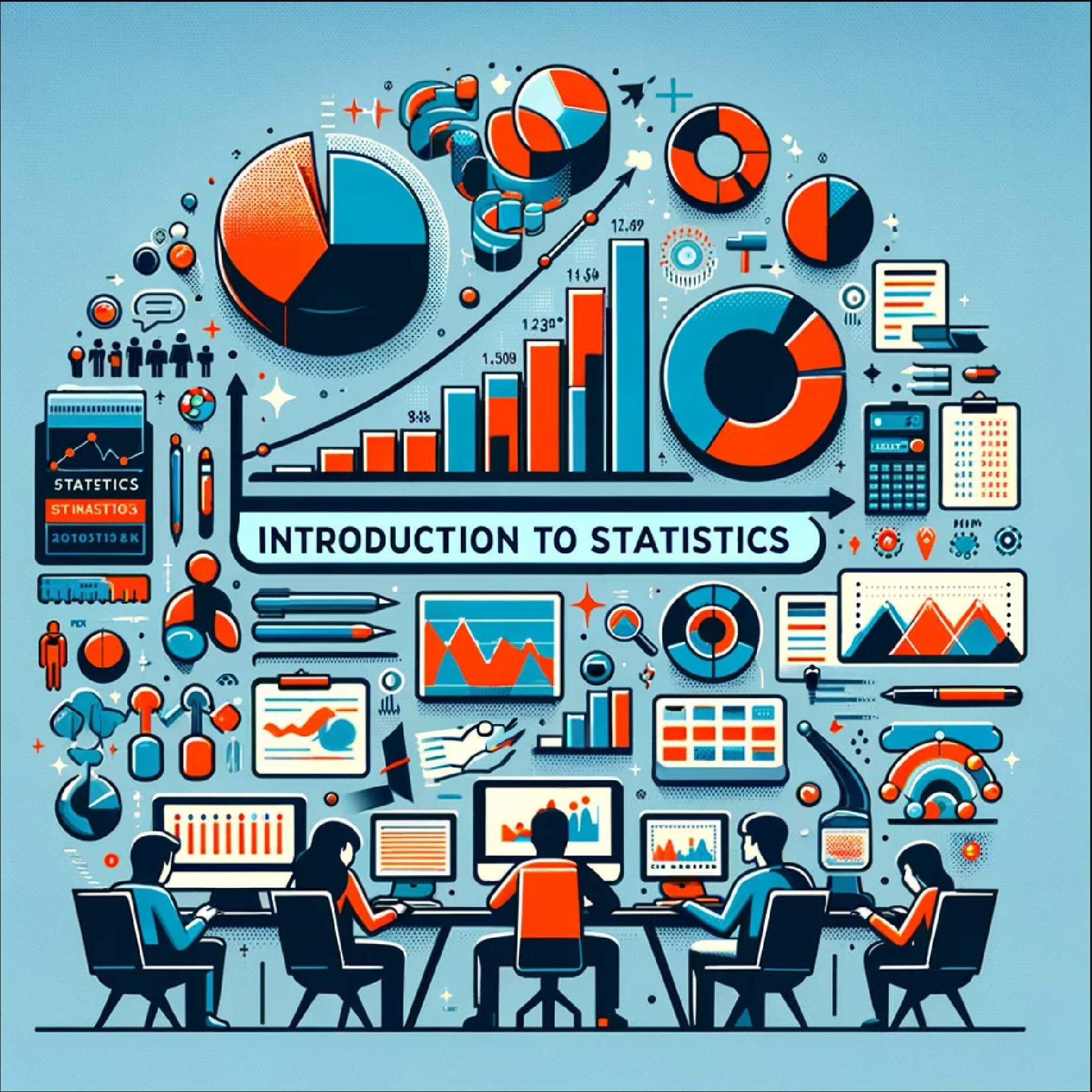
Intelligent assistants like Alexa and Siri, image searches that found the topic of a photo, and self-driving cars – these intelligent systems used machine learning to develop their expertise. In this module, I learned about various machine learning techniques but concentrated on deep neural learning. I learned about the underlying theory and got hands-on experience creating, training, evaluating, and using machine learning systems. I also examined how these technologies were used and misused and what that meant for our societies and communities.
Learning Outcomes
- Understood fundamental statistical concepts and their application across various fields.
- Developed proficiency in collecting, analyzing, and interpreting data to solve real-world problems.
- Gained hands-on experience with Minitab software for statistical analysis.
- Mastered techniques for manual and calculator-assisted data computations.
- Enhanced skills in communicating statistical findings through assignments and reports.
Feedback on my assingments
The feedback consistently praises the strong statistical understanding and effective use of Minitab for data analysis. While acknowledging the clarity of communication and correct approaches to problems, the feedback also suggests areas for improvement, including providing more detailed justifications, improving clarity in explanations, and addressing some mathematical inaccuracies.
Reflections
The feedback underscores a solid foundation in statistical methods and the practical application of statistical software. The constructive suggestions aim to refine your approach to statistical analysis and presentation, highlighting the importance of detailed justification and accuracy in mathematical reasoning.
Professional Skills Matrix learnt and Action Plan
Skills Gained or Enhanced:
- Statistical Analysis: Demonstrated proficiency in applying statistical concepts and using software tools like Minitab.
- Mathematical Communication: Recognized need for enhancing clarity and detail in the explanation of statistical findings.
- Critical Thinking: Encouraged to provide more comprehensive justifications and reasoning in statistical analysis.
Action Plan:
- Enhance Justifications in Statistical Analysis: Engage in forum discussions or study groups to see how others justify their statistical reasoning, gaining new perspectives.
- Improve Clarity and Detail in Explanations: For each statistical method used, write a brief explanation of why it's appropriate for the data or problem at hand. This practice will help clarify my thought process not just to myself but to your audience.
- Address Mathematical Inaccuracies: Dedicate time for additional practice on topics where inaccuracies were noted, particularly in conditional probabilities, chi-square expected values, and understanding of distributions.
- Leverage Minitab and Module Materials for Practice: Continue to use Minitab for exploratory data analysis, ensuring to review and understand each output thoroughly.
- Seek Feedback and Clarification: Utilize feedback sessions to ask specific questions about improving statistical justifications and clarity in your work.